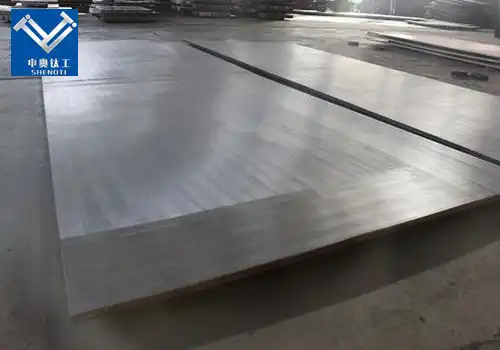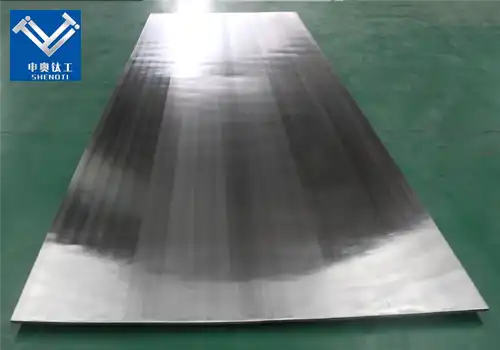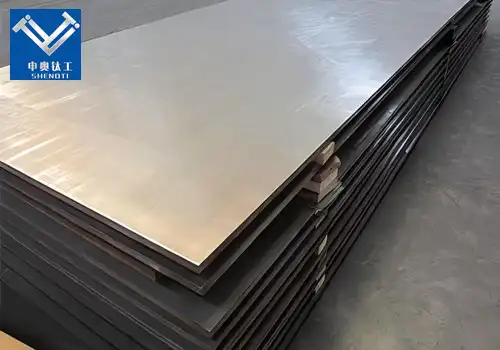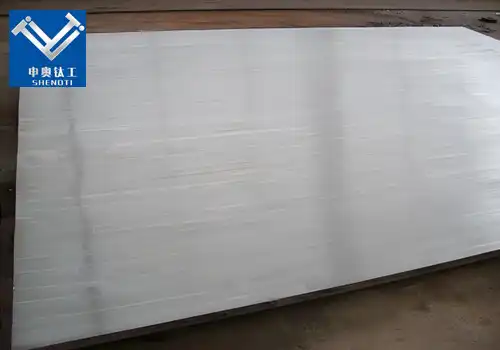
What Is a Nickel Titanium Clad Plate?
2025-04-18T01:53:00.000Z
Nickel titanium clad plates are advanced composite materials that combine the unique properties of nickel and titanium. These plates are engineered to offer exceptional corrosion resistance, high strength, and excellent thermal conductivity, making them ideal for demanding industrial applications.
What Is a Nickel Titanium Clad Plate?
A nickel titanium clad plate consists of a layer of nickel bonded to a titanium substrate. This combination leverages the corrosion resistance and mechanical strength of both metals. The bonding process can involve techniques such as explosive welding, hot rolling, or a combination of methods to ensure a strong metallurgical bond between the layers .
Why Is Nickel Used in Cladding?
Nickel is chosen for cladding due to its excellent corrosion resistance, especially in harsh environments involving acids, alkalis, and seawater. It forms a protective oxide layer that prevents further corrosion, making it suitable for applications in chemical processing, marine engineering, and power generation .
Applications of Nickel Titanium Clad Plates
These clad plates are utilized in various industries:
Chemical Processing: Used in reactors, heat exchangers, and piping systems where corrosion resistance is critical.
Marine Engineering: Ideal for components exposed to seawater, such as ship hulls and offshore platforms.
Power Generation: Employed in condensers and other equipment that require both strength and corrosion resistance.
Desalination Plants: Suitable for handling saline water due to their resistance to chloride-induced corrosion .
How Are Nickel Titanium Clad Plates Manufactured?
The manufacturing process involves bonding nickel and titanium layers through methods like:
Explosive Welding: A high-energy process that uses controlled explosions to bond the metals.
Hot Rolling: Involves heating the metals and rolling them together to form a bond.
Combination Methods: Utilizing both explosive welding and rolling to achieve the desired bond strength and material properties .
Conclusion
Nickel titanium clad plates offer a combination of corrosion resistance, strength, and durability, making them indispensable in industries that operate under harsh conditions. Their ability to withstand aggressive environments while maintaining structural integrity ensures their continued relevance in advanced engineering applications.















